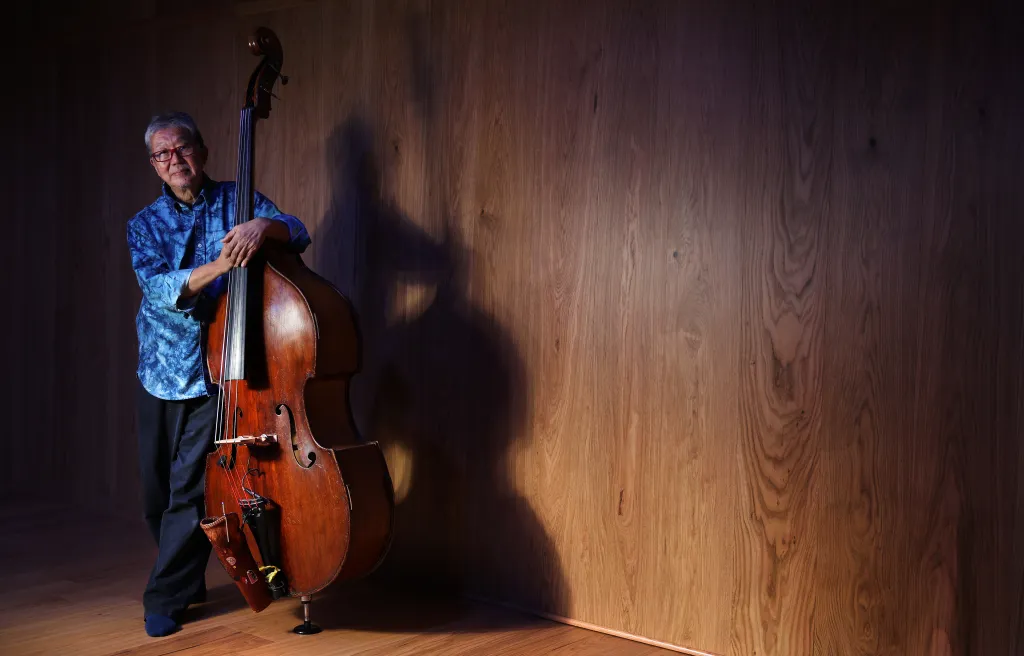Copyright Arkansas Online

"My kid's getting As at Harvard" isn't much of a flex anymore, thanks to a report from the erstwhile Ivy League institution admitting that roughly 60 percent of grades given to undergraduates were As, up from 40 percent a decade ago. Grade inflation isn't restricted to Harvard, as reports in recent years have cited the practice at other Ivy League luminaries. Where a diploma from Harvard or Yale could once signify a bright job candidate shaped by academic rigor, it now points more to lenient professors and a propensity for whining. According to the report, Harvard students challenge professors and push for higher marks. The participation trophy approach to higher education mirrors the gentle parenting trend of recent years. It's all about emotional validation and offering options. Among the reasons for the spike in As: faculty fears of appearing too harsh compared with fellow professors, and concerns that stricter grading could drive students away from certain courses. Isn't college supposed to prepare students for the real world and equip them with the knowledge and skills to produce results? Remember when hardships were things to be overcome, and doing so illustrated maturity and a strong character? And the work ethic? Why buckle down when you can grumble? These students are the workforce of tomorrow. And in a stunning "just who is in charge" revelation, many teachers blamed Harvard's course evaluation system, which they said ties student satisfaction to generous grading. Poor evaluations can jeopardize promotions and hiring prospects. If professors give a good grade, students will return the favor. This explains the indignation of those carrying college debt who demanded Joe Biden make their loans go away. Responsibility is hard; therefore dispensable. Reports such as this should spark serious conversations between high school students and their parents. Forking over $90,000 for A grades and easier coursework does not build a solid foundation for the future.



